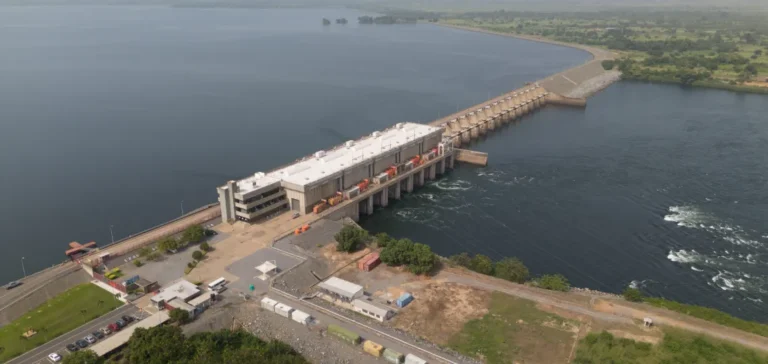Burundi has reached a critical milestone in its energy development with the official inauguration of the Jiji hydroelectric power plant, located in Bururi Province. This launch marks the first phase of an extensive energy initiative named Jiji-Mulembwe, designed to address the country’s chronic electricity shortage. The total cost of this energy complex is estimated at approximately $320 million, funded by a consortium of international financial institutions. Through this infrastructure, the Burundian government aims to reduce its reliance on imported energy sources.
Funding and International Partners
This major energy project has benefited from joint financial support from several prominent international institutions. These include the African Development Bank (AfDB), the European Investment Bank (EIB), the World Bank, and the European Union (EU). Initially estimated at $270 million, the budget was increased due to operational cost overruns, including an additional allocation of $50 million provided by the World Bank. The ultimate goal of this infrastructure is to generate approximately 235 gigawatt-hours (GWh) annually.
The first tangible outcomes are expected upon full project completion in 2025. Eventually, the Jiji-Mulembwe complex will supply approximately 15,000 households, 7,000 businesses, and 1,700 industrial installations with regular energy provision. This increased capacity represents potential stabilization for the national grid while responding to steadily growing domestic energy demand. Additionally, the project integrates into a broader regional plan, notably including the Kamanyola-Bujumbura electrical interconnection via the Rubirizi substation, designed to link Burundi with other regional energy initiatives.
Expected Economic Impacts
The inauguration of this plant comes as Burundi continues a comprehensive energy sector reform program, notably through the ASCENT project, supported by the World Bank with funding of $190 million. This initiative aims to modernize and strengthen national grid capacities while promoting public-private partnerships through Weza Power, a joint venture established to expand the national electricity grid. Ultimately, nearly 2.4 million Burundians are expected to benefit directly or indirectly from improvements brought by these initiatives.
Strengthening energy capacity is also anticipated to positively impact economic activity, particularly in urban and peri-urban areas targeted by these new infrastructures. Indeed, the current energy deficit represents a significant barrier to Burundi’s economic expansion, especially for local industries that require reliable electricity supply for their development. Increased access to electricity is identified by Burundian authorities as a crucial lever to support sustainable and diversified economic growth.






















